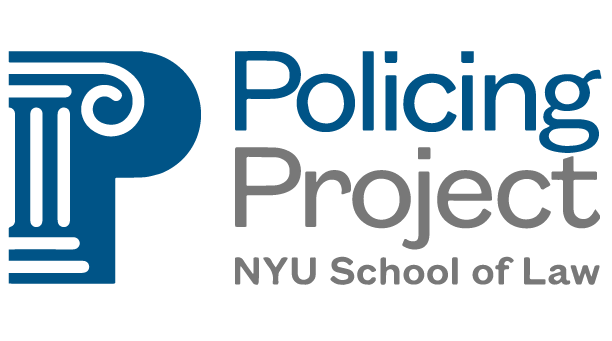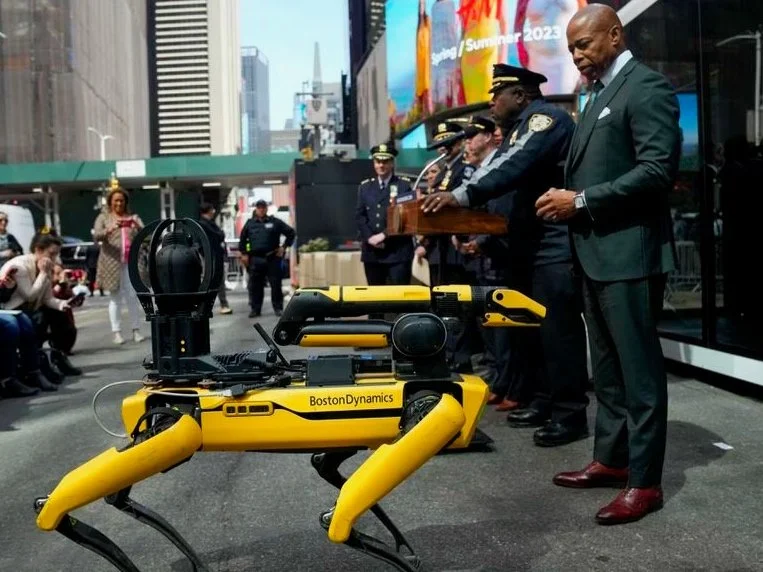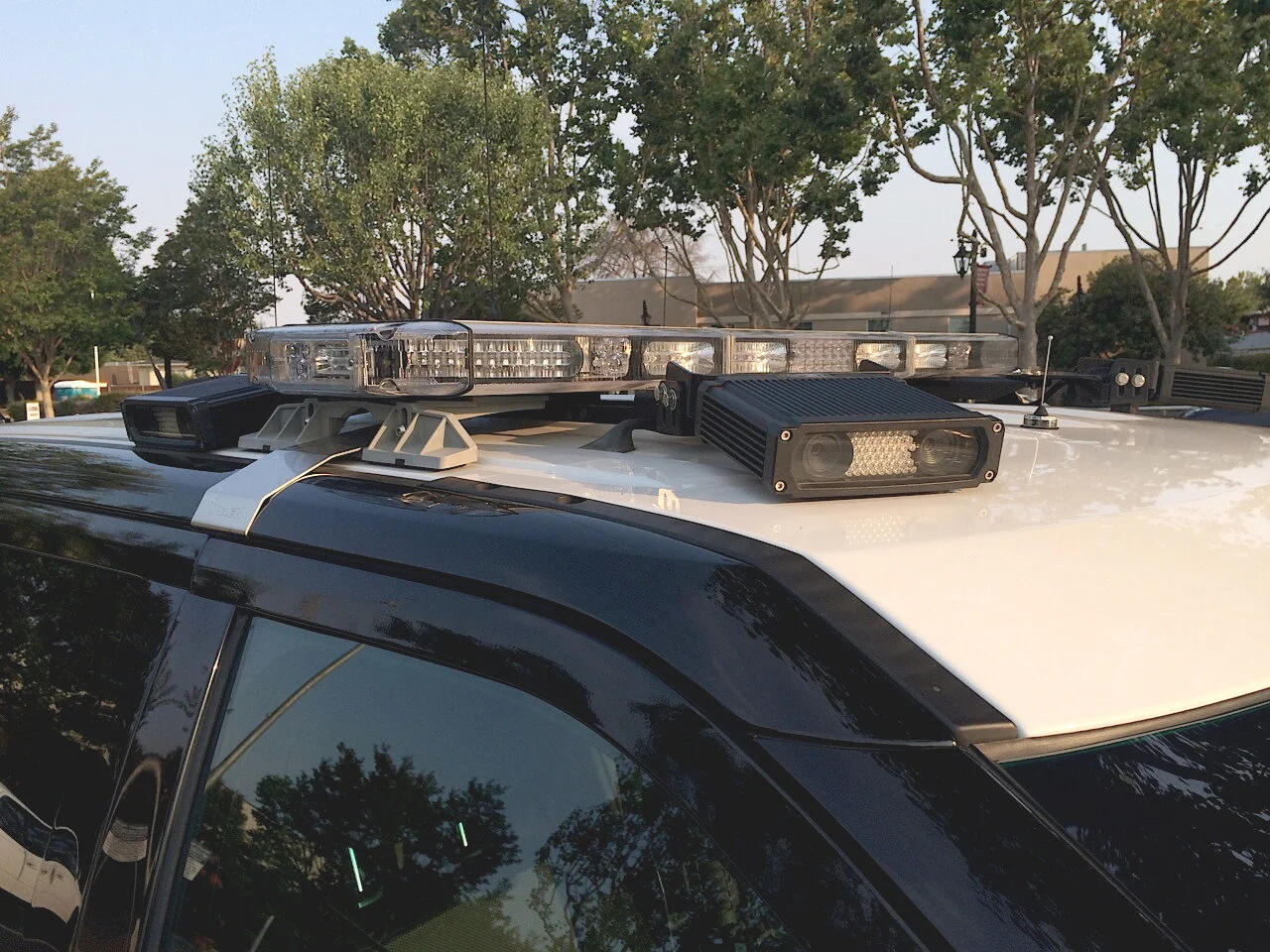Policing Project Co-Founders Barry Friedman and Maria Ponomarenko joined a coalition of law school faculty — each of whom runs or is associated with a center devoted to the practice of policing and the criminal justice system — in releasing a list of urgently-needed reforms to address enduring problems in American policing.
Our Statement Regarding Policing in the United States
Too often, we have focused on “police reform” and “police accountability” in moments like these. Yet, the very fact that we are here once again—as we were after rioting in the 1960s, or after Ferguson in 2014—suggests that police reform and police accountability as we have understood and implemented them simply are not working.
COVID-19: Stay-At-Home and Social Distancing Enforcement
Community Engagement During Times of Crisis: COVID-19 and Beyond
Police are tasked with ensuring public safety during extreme events and emergencies. But during unprecedented times–like we’re seeing now with the novel COVID-19 pandemic–many tried and tested methods for community engagement and outreach are breaking down. How should policing agencies adapt to meet the needs of vulnerable populations?
Stream: Friedman discusses the intersections of policing, technology and the public interest
Policing Project to undertake independent audit of Baltimore PD’s aerial investigation program
Policing Project presents upcoming community oversight report at NACOLE convening
Friedman examines facial recognition laws in U.S and Europe, and the need for increased action
Following his return from Belgium where he co-hosted a round-table on facial recognition legislation on both sides of the Atlantic, Policing Project founder Barry Friedman penned a new op-ed for Just Security exploring the differences in European and American approaches to regulating the tech and the urgent need for greater action.
10 Questions to Ask Your Law Enforcement Agency About ALPRs
Automated License Plate Readers are one of the most widely used law enforcement systems in existence. Unfortunately, because of lack of data and study, we know very little about how large the benefits or costs are—all the more reason every community should do its best to be informed about how its law enforcement is using ALPRs.
Policing Project Five-Minute Primers: Rapid DNA
Highlights from our convening on facial recognition
To conclude our Fall 2019 salon series, the Policing Project and the Information Law Institute hosted a discussion of the regulation of facial recognition. As more jurisdictions are using the tech to aid law enforcement, there are sharp societal disagreements on where to draw the lines between acceptable and unacceptable uses.
Policing Project, Camden police meet with community leaders to discuss new use of force policy
Policing Project Fall Salon Series Explores How to Effectively Regulate Police Use of Technology
This fall, the Policing Project kicked off our Tech Salon Series with two events. Our salons, made possible by support from Microsoft, enable us to vet our projects and discuss pressing issues around law enforcement’s use of technologies with a diverse set of experts, including privacy advocates, technology vendors, police chiefs, academics, legal experts, community leaders, and government officials.
The Importance of Trans-sensitive Police Policies and Practices
According to the U.S. Transgender Survey, among transgender people who interacted with police in the past year and said officers were aware they were transgender, 58% reported some form of mistreatment. Our latest blog explores how some police departments and trans-rights groups are developing better policies to address this issue.
A Philosophy, Not a Program: Chicago and New York Police Meet to Discuss Neighborhood Policing
The Policing Project recently hosted members of the Chicago Police Department during their visit to New York to learn more about NYPD’s Neighborhood Policing, the neighborhood-focused collaborative policing philosophy on which the Policing Project’s Chicago Neighborhood Policing Initiative is modeled.
Policing Project’s Supreme Court amicus brief calls for protecting basic Fourth Amendment principles
The Policing Project submitted an amicus brief in support of certiorari asking the United States Supreme Court to overturn a decision of the Nebraska Supreme Court that permitted a police stop of a vehicle, in the absence of reasonable suspicion, on the grounds that the stop was merely information-seeking.
As Axon eyes entry into ALPR market, Ethics Board calls for industry-wide regulation
Policing Project Fellow Julian Clark talks transparency and accountability at American Constitution Society, NYLS panel
The growing world of face recognition legislation: Our new guide to local and national regulations
Face recognition technology is increasingly being used by government agencies, particularly law enforcement, but while regulation of the technology is increasing, the rollout has been far from uniform. The Policing Project, with help from the Information Law Institute, conducted a review of enacted and proposed regulation across the U.S. and Canada, culminating in our new resource that analyzes trends in legislation and provides a table of nearly 200 proposed and enacted laws.
It’s time to start collecting stop data: A case for comprehensive statewide legislation
Police officers in the U.S. pull over at least 50,000 drivers every day, making the traffic stop the most common interaction between the public and police. But despite the frequency, there is a lot we don't know about stops and their effects, in part because stop data collection laws are not mandated in most states, and even when they do exist, the laws are far from perfect.

























